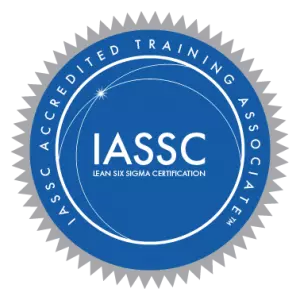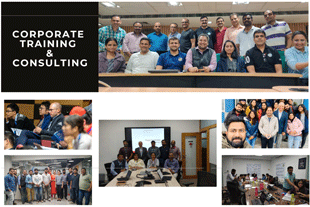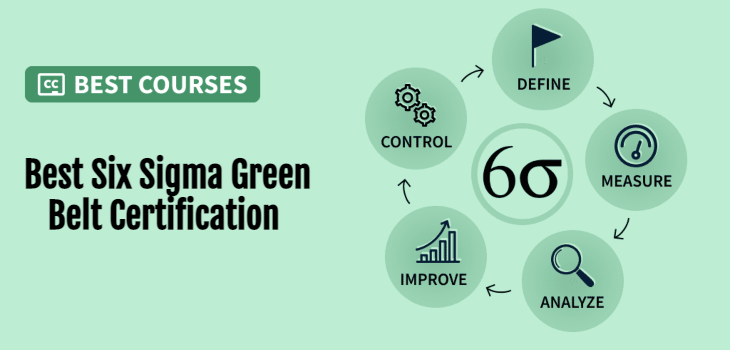The Certified RPA Professional Certification focuses on Robotic Process Automation (RPA) and Intelligent Workflow Automation. RPA is transforming business operations by automating repetitive and rule-based tasks, leading to improved accuracy and greater operational efficiency.
Organizations rely on this ISEL certification to recognize skilled professionals in RPA and automation, helping boost productivity and streamline workflows. In today’s rapidly evolving digital environment, earning this certification is essential for staying competitive as automation continues to replace conventional manual methods.
Global Recognition of Your Certification
- RPA curriculum and certification Accredited by The CSSC, USA
- Certification Accredited by International Quality Federation, USA
- Certification recognized and accredited ISO 17024 & 9001:2015 Standards
- Certification Accredited by American Board, USA
- Certification Accredited by UKAC, United Kingdom
Unlock the power of Robotic Process Automation (RPA) through hands-on training led by real-time professionals. Our comprehensive course covers every topic in detail, using practical scenarios to ensure you gain the skills needed to implement RPA in real business environments.
RPA, or Robotic Process Automation, leverages technology to automate repetitive tasks by integrating seamlessly with existing systems. Through our training, you’ll learn how to design and deploy cost-effective automation solutions that save time, improve accuracy, and boost operational efficiency.
Whether it's processing transactions, manipulating data, triggering automated responses, or integrating with other digital platforms—our RPA training prepares you to do it all.
RPA Table of Contents:
- Brief history of automation
- Cognitive Thinking, Subjective Thinking, and Objective Thinking
- Rule-based activities
- Repetitive activities
- RPA Functional Architect (vs) Tech architect
- RPA - Automation identification framework
a) SEESA
b) DOOR
c) SPA
- RPA Project life cycle
a) PDD - Process design document
b) SDD - Solution design document
c) TDD - Technical design document
- RPA Platform Assessment - Tool Fitment Analysis
- RPA Case Studies
- How does this RPA concept help organizations redefine their value proposition?
Benefits Of RPA Professional Certification
- Increased job opportunities in RPA.
- Higher earning potential as an expert.
- Competitive edge over non-certified professionals.
- Access to the RPA professional network.
- Recognized expertise in automation solutions.
- Ability to lead RPA projects.
- Opportunity for career advancement roles.
- Stay updated with RPA advancements.
- Credibility in digital transformation initiatives.
Skills you'll gain
- Data Import/Export
- Data Integration
- Email Security
- Robotic Process Automation
- Web Scraping
- Excel Macros
- Test Automation
- User Interface (UI)
- Spreadsheet Software
- Data Cleansing
- IT Automation
The Target Audience for Certified RPA Professional Certification Training is:
- IT professionals looking to expand their skill set in Robotic Process Automation (RPA).
- Software developers and engineers are interested in automation.
- Business analysts and project managers are aiming to improve business processes.
- Technology consultants seeking expertise in RPA.
- Process owners who want to streamline business operations.
- Individuals aiming for a career switch to RPA.

















.jpg)

.webp)



















